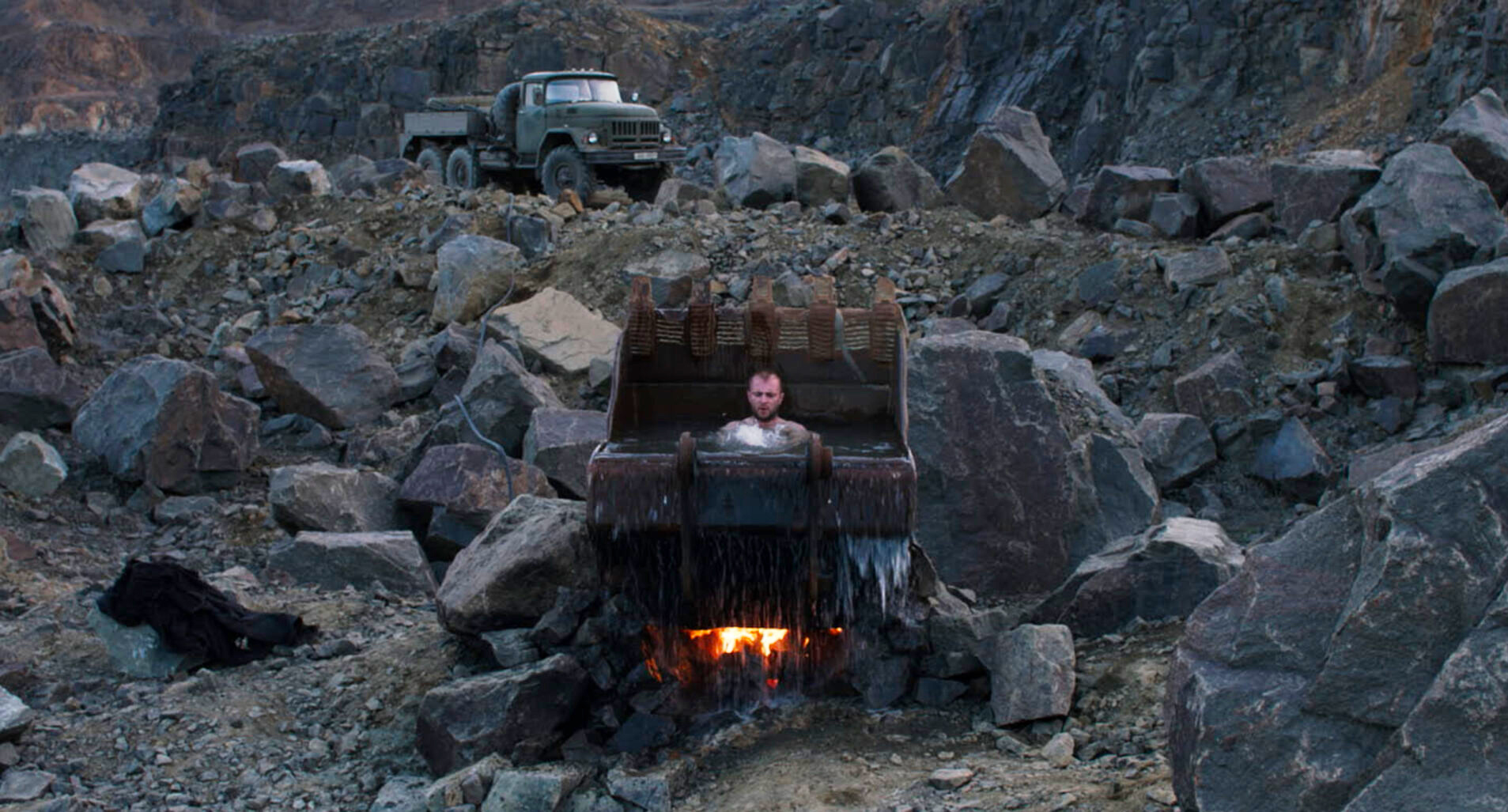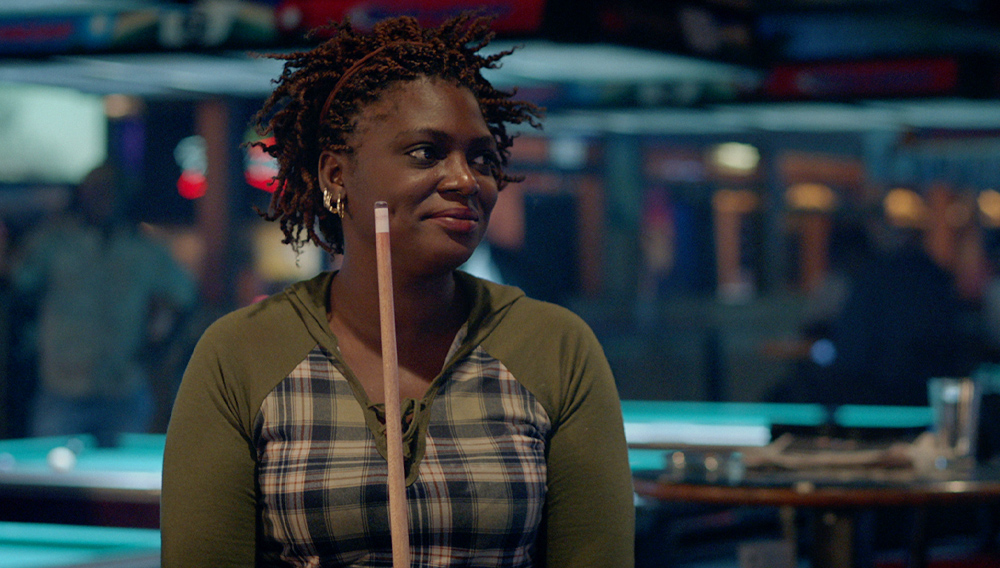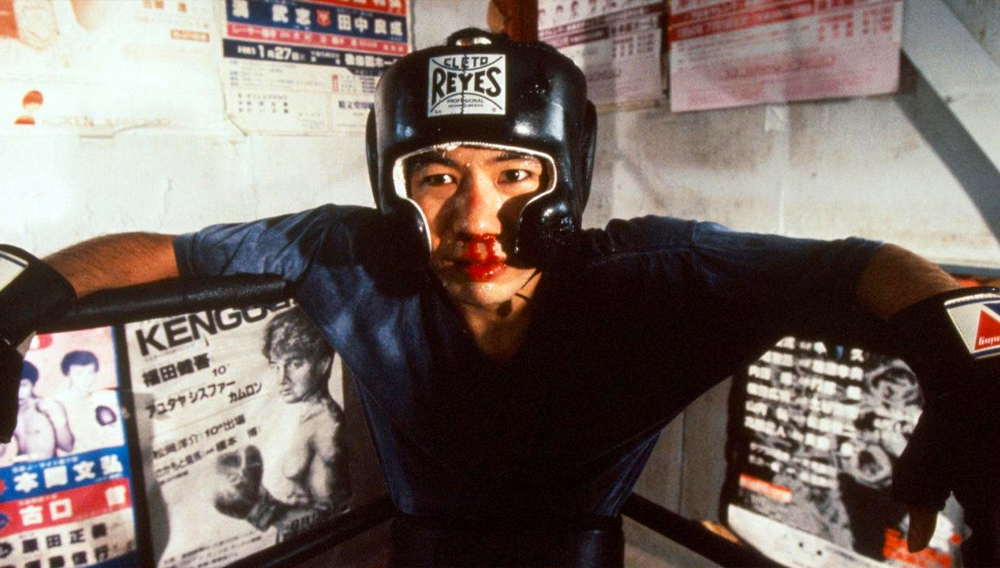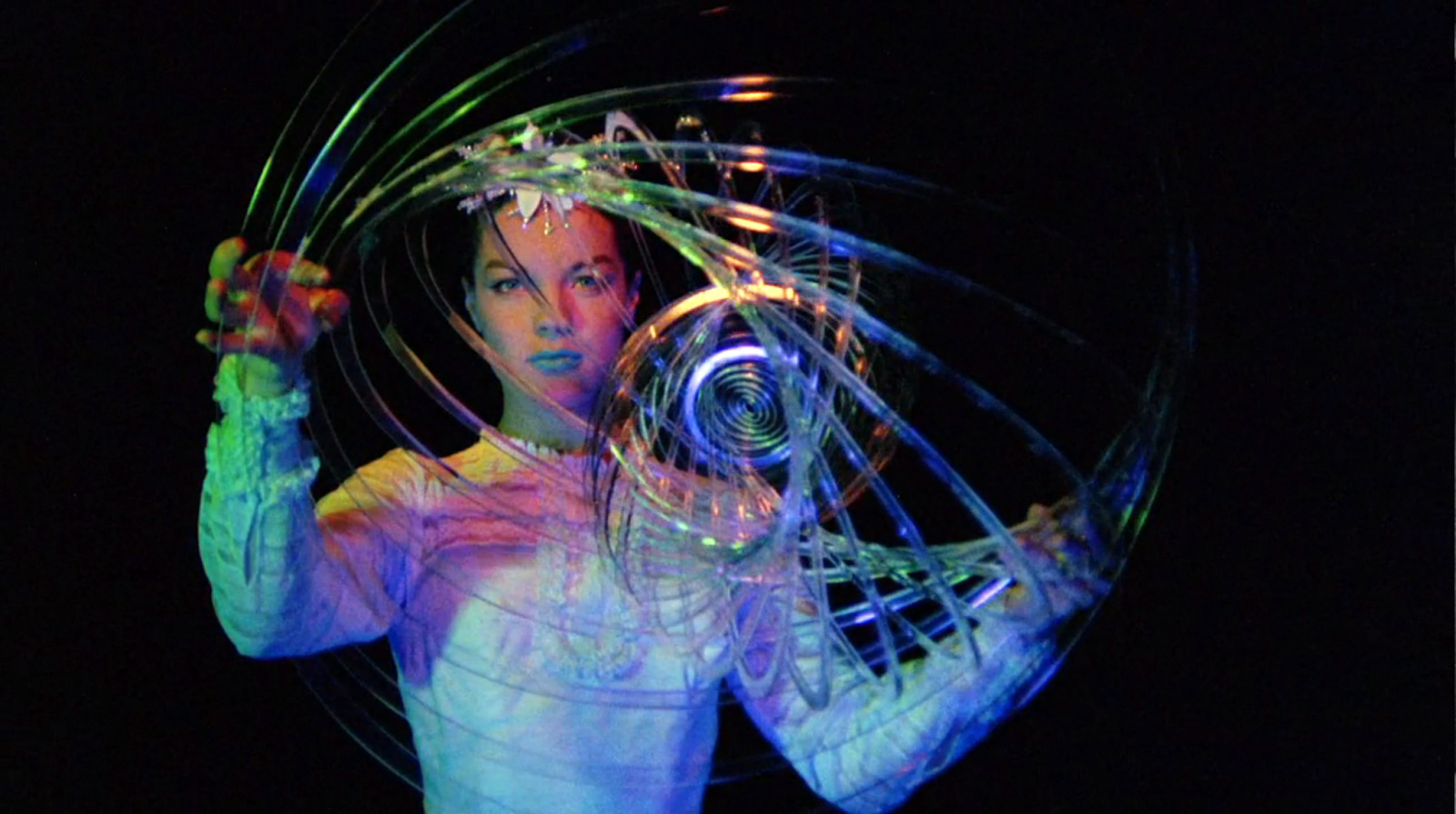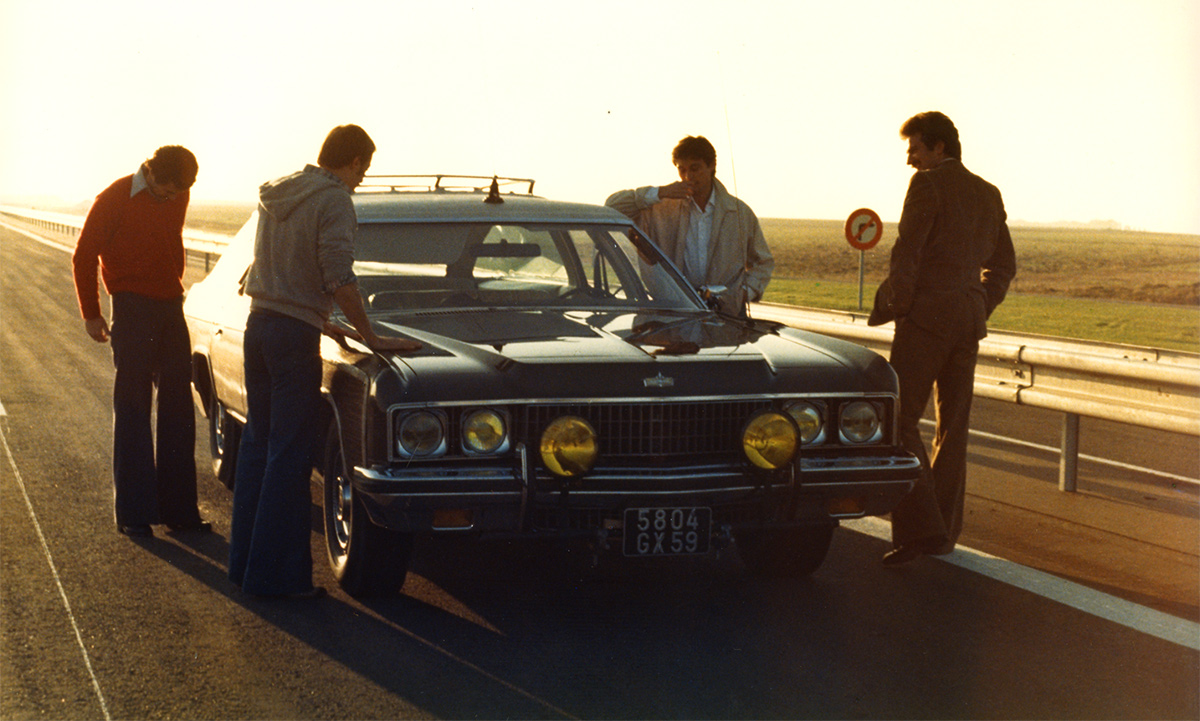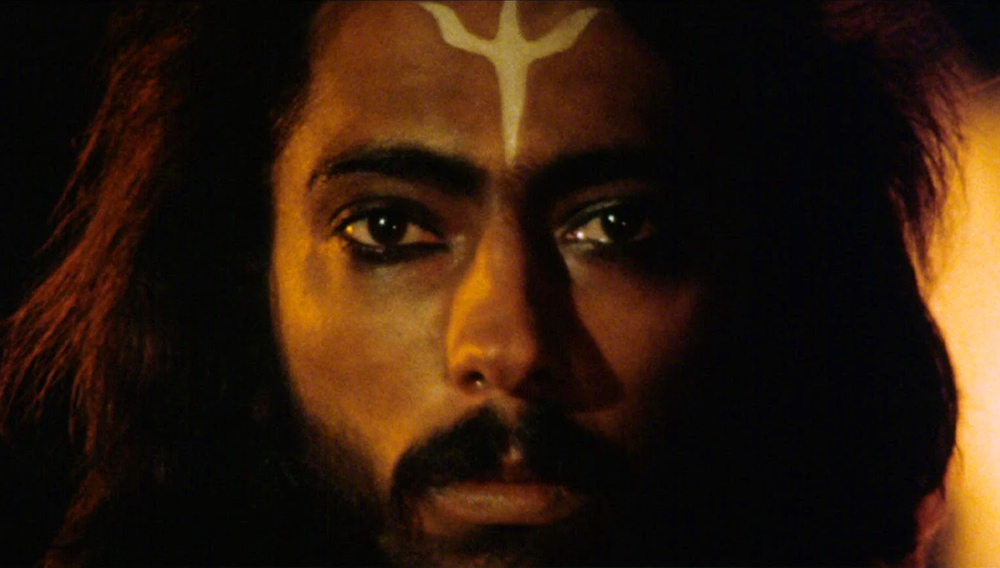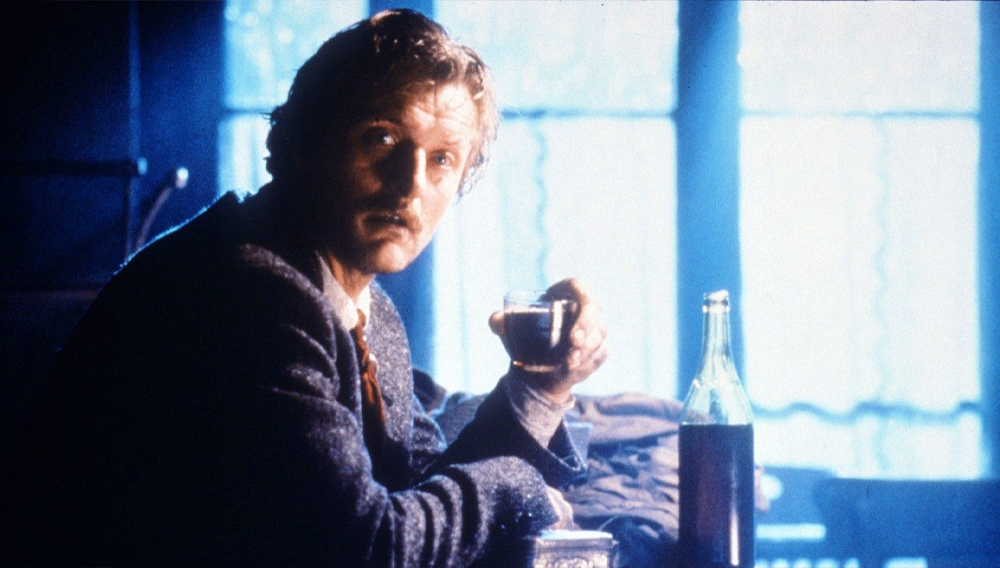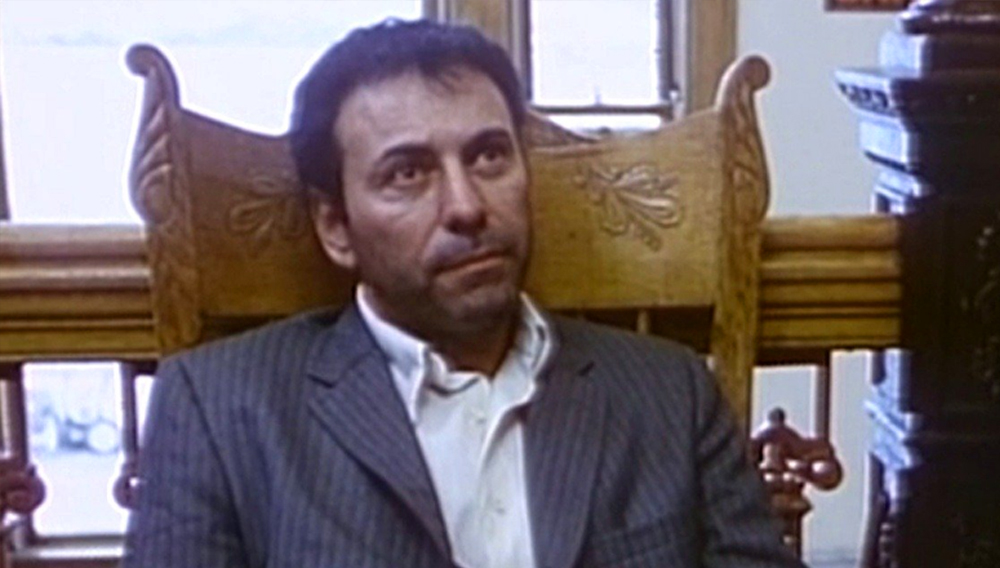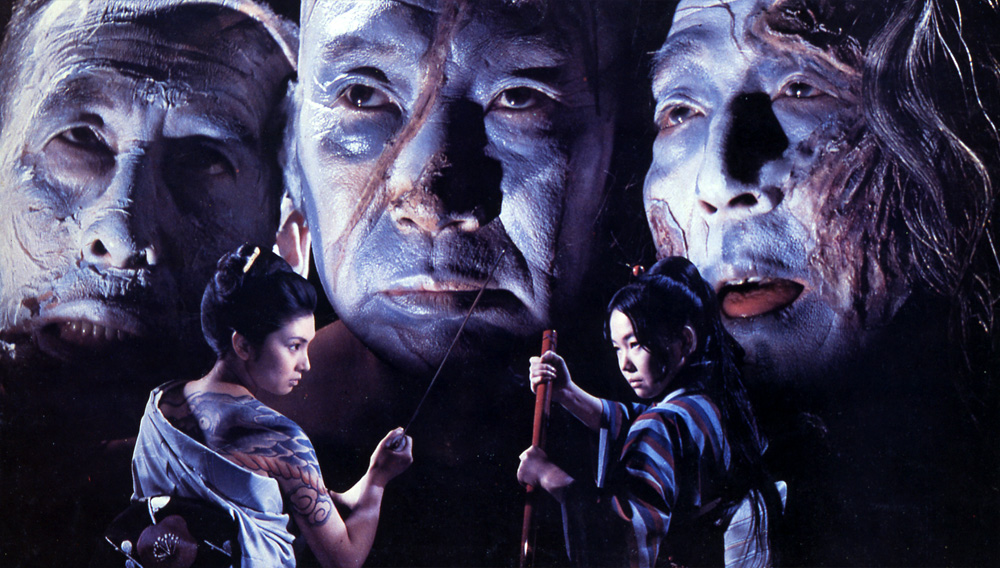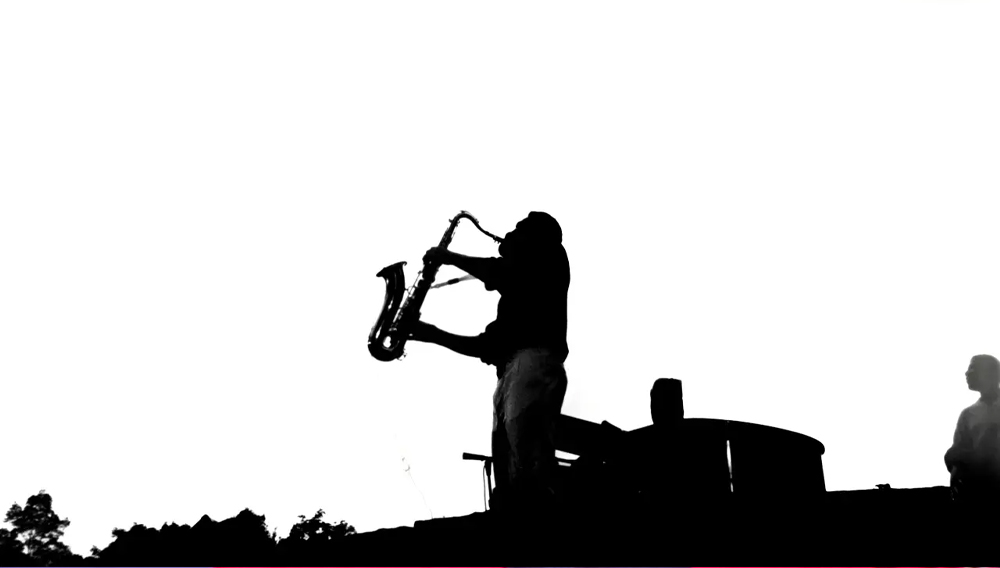Michael Fassbender’s unchecked charisma finally reaches critical mass, of a kind. In Steve McQueen’s second feature, Shame (the writer-director’s second starring Fassbender) the Hunger hunk’s freakishly compelling screen presence doesn’t quite act as a lift for the audience. The problems with Shame are so monumental that Fassbender’s Fassbenderness is more like a crude, diabolical trap, a burning schoolhouse with chains on the double doors. You want to flee from Shame but you think “Maybe just a few more minutes. Maybe he’ll look forlorn in the next shot. Oh, no. Oh, there it is. How I hate myself.”
Deceptively pared down, the movie actually seems to contain a lot of mismatched parts and contradictory attitudes. In short, it’s a mess. Fassbender’s Brandon seems like he’s in a different movie from one scene to the next: a smug, Patrick Bateman materialist type, an aggressively creepy lowlife like Johnny in Mike Leigh’s Naked, or some weird cross between James Bond and the Dos Equus guy, all of his catastrophes and bad decisions following a character trajectory that, when it’s not confusing, is dismayingly trite (as if McQueen has Paul Schrader as his guardian angel). Shame wobbles as it tries to manage its uncooperative composite of genres and tones. How are we to accept the absurd power Brandon is supposed to have over women (he stares at strange women and they stare back, instantly transfixed and aroused; what planet is this?), other than to chalk it up to satire, a deadpan (to the point of catatonic) do-over of that episode of 30 Rock, where the whole world is bewitched by Jon Hamm?
It would be nice, and convenient, to pin all of the film’s problems on Brandon, in the “films about emptiness and empty people are invariably themselves empty” line of thinking. The flip side of that coin is the implication that Hunger is a good film because Bobby Sands’s nobility somehow rubs off on the audience – in other words, good filmmaking is good because it confirms what we want to hear: that we are good people. If that was true, loads of “triumph of the human spirit” films would stand shoulder-to-shoulder with Hunger, as opposed to having been charitably forgotten. No, determining where Shame goes wrong is trickier than that, especially since it’s nearly impossible to find fault in McQueen’s craft: a hyperrealist picture of New York, more authentic than actually walking around the same streets, casually transforming of-the-moment Manhattan into the solemnest possible homage to Tati’s Playtime.
Shame, one suspects, might be the middle part of some planned trilogy of McQueen’s, in which the title indicates, unambiguously, a single aspect of the human condition that will be rendered via an expressionist visual sensibility, over the course of an hour and a half or so, to the exclusion of all other themes. Hunger wove the physical clear through the political, all the way to the mythical. However, many who liked Hunger qualified their admiration with the “birds” moment, a deployment of on-the-nose metaphorical imagery that seemed symptomatic of the way the film’s invigorating promise came to a blunted edge, needlessly block-lettering what worked well enough thanks to McQueen’s casual mastery. In Shame, the birds are everywhere.
McQueen never seems to run out of evocative ways of dressing up the frame with Fassbender’s hangdog form, whether plastering him into the far corner or following him as he jogs along 31st Street to the Hudson River. But most of the film’s situations seem like they were extracted from the chaff of American independent films: the post-date banter tracking shot, the screwed-up sibling who invades the protagonist’s life and living space, the place of indeterminate employment, the awkward pauses that are supposed to be “so real” but are really just making the film longer, and so on. The astute observer will try to spot a counterpart to Hunger’s famous, long scene between Bobby Sands and Father Moran, and they will find a suitable match in Carey Mulligan’s torturous, off-key rendition of “New York, New York,” a four-minute Sinatra standard that is distended by a funereal arrangement, so that it lasts about as long as Hunger’s famous sit-down.
McQueen must be under the impression that his artfully composed ‘Scope frames will do some kind of Jedi mind trick to convince his audiences that they’re in the presence of something majestic, mysterious, and timeless. For all his hard work, instead of counteracting or interrogating the unrelenting banality, his most successful effect is emphasis. Like Bobby Sands, Fassbender’s Brandon is trapped by his destiny – unfortunately, watching Brandon try to outrun his tragic emptiness turns out not to be as much fun as watching a prisoner starve to death.








